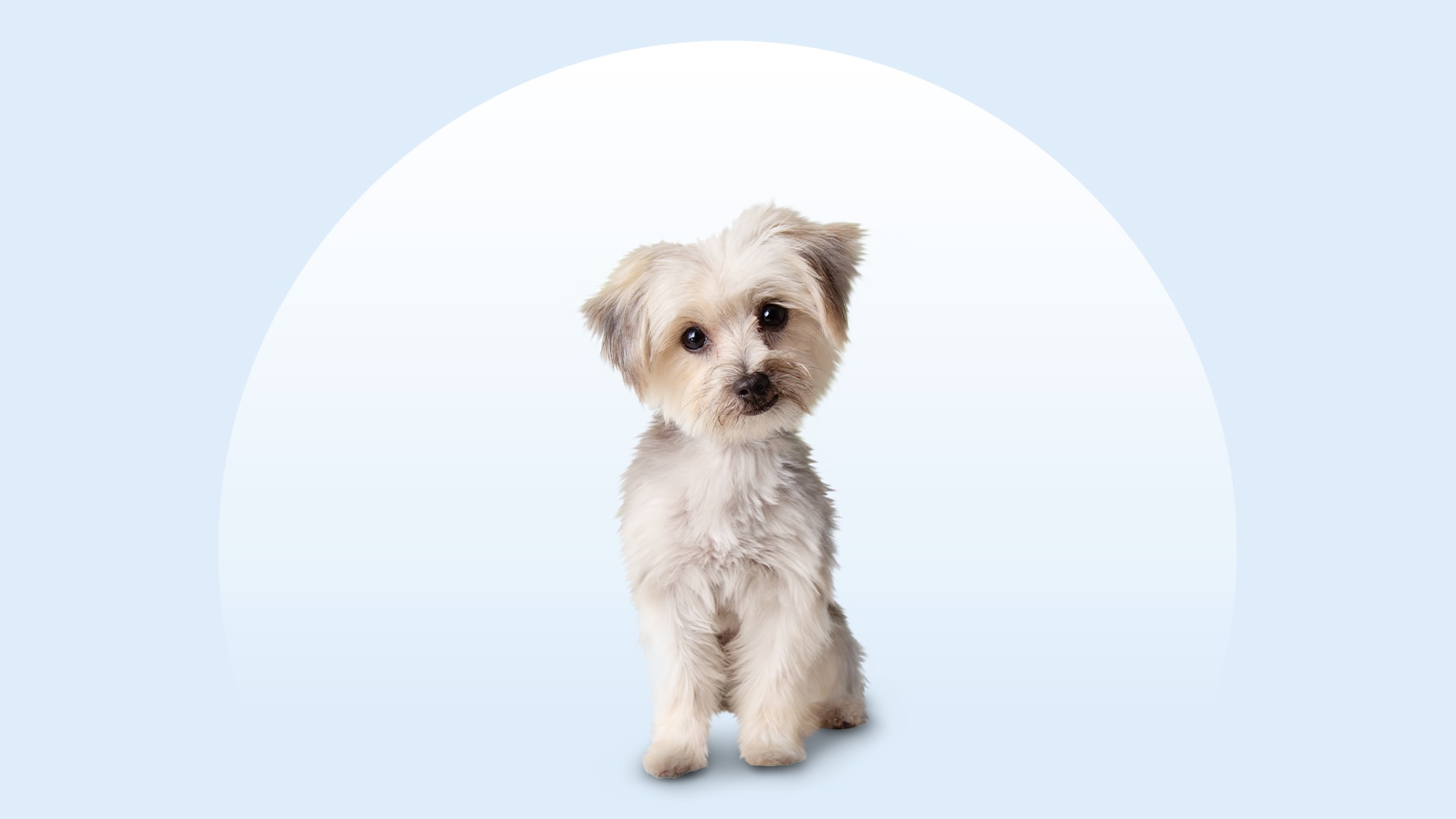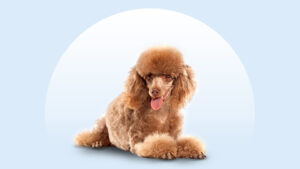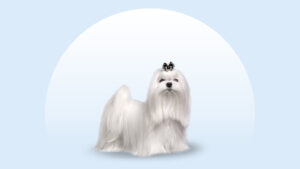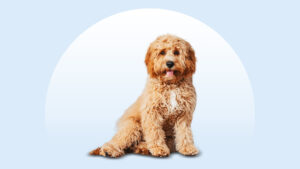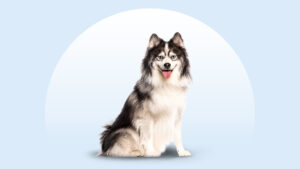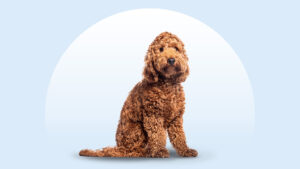Morkie
Updated December 15, 2025
Morkie
Updated December 15, 2025
The Morkie, a lovable Yorkie-Maltese mix, is a tiny, energetic companion with a big personality. Perfect for snug apartments or busy households, these affectionate lapdogs love being the center of attention and do best in homes where they won’t be left alone for long.
Loving, Spunky, Bright
4–8 pounds
6–11 inches
10–15 years
Black, Brown, Tan, White, Gold
If you’re dreaming of a dog who’s equal parts lapdog and life of the party, the Morkie might just steal your heart. A cross between the Maltese and Yorkshire Terrier, the Morkie is an affectionate and playful companion who loves being with their humans.
Known for their long, flowing coats and big personalities, Morkies are social butterflies who thrive on attention and make wonderful family dogs. If you’re looking for a cute, energetic cuddle bug who can thrive in a smaller space, a Morkie might just be your perfect match.
Morkie Characteristics
Morkie Appearance
The Morkie is a petite and fluffy designer dog, typically weighing under 10 pounds. With their silky coat, teddy bear face, and curious expression, Morkie puppies are undeniably photogenic, and full-grown Morkie dogs retain their puppy-like charm well into adulthood.
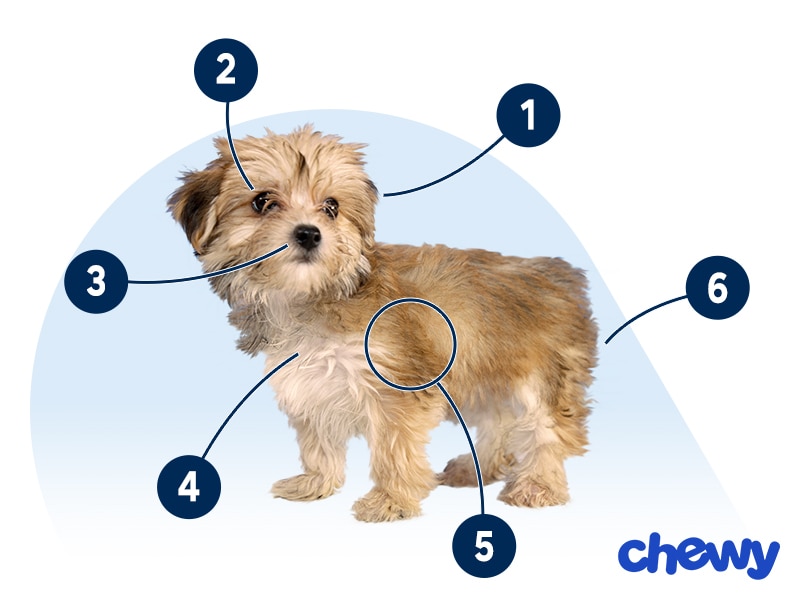
- Ears
A Morkie’s ears can be upright like a Yorkie or floppy like a Maltese.
- Eyes
Their eyes are round, dark, and expressive.
- Nose
A Morkie dog’s nose is small and black.
- Coat Length
Their fur is long and silky.
- Coat Color
Morkie fur can be a handful of colors, including black, brown, white, tan, or a combination of these.
- Tail
Their tail is usually long and feathered, often carried high.
Morkie Temperament
The Morkie personality is as vibrant as their looks. These dogs are affectionate companions who form strong bonds with their pet parents. Expect a dog who loves cuddles and always follows you around.
Though they’re a small dog, the Morkie breed is spunky. They often fail to understand just how tiny they are, so early socialization and consistent training are important parts of caring for a Morkie.
Morkie dogs thrive in homes where they’re rarely left alone and do best with gentle children who know how to interact with dogs. Teaching kids to be careful around Morkies is especially important, as the breed is so small that they can easily be injured during playtime.
How to Care for a Morkie
Morkie dogs are small, but their care needs are mighty. From daily grooming to regular exercise and mental stimulation, they need hands-on attention to stay happy and healthy.
Grooming
Training
Diet
Exercise
Environment
Morkie Health
The typical Morkie life expectancy is 10–15 years; the Morkie’s parents are some of the longest-living dog breeds. They’re generally healthy, but can inherit common health issues from Maltese and Yorkies, such as:
- Dental disease: Small dogs have little mouths. Little mouths mean crowded teeth, and crowded teeth means an increased risk of decay. Dental disease in dogs can cause bad breath, inflamed gums, and even harm your pup’s organs if severe enough. The best way to prevent dental disease is to brush your Morkie’s teeth every day and keep up with annual dental cleanings.
- Collapsed trachea: Common in toy breeds, tracheal collapse is when the dog’s trachea (windpipe) weakens and flattens. This leads to coughing and breathing problems. Obesity can make this condition worse, and it’s treated medically or through surgery.
- Patellar luxation: When the kneecap slips out of place, that’s a luxating patella. The first sign is often a limp, and treatment depends on the severity.
- Hypoglycemia: Low blood sugar, or hypoglycemia, is especially common in young Morkie puppies. Be alert for signs of lethargy, vomiting, or a lack of appetite. Feeding your Morkie puppy several meals throughout the day (up to four) can help reduce the chance of hypoglycemia.
- Liver shunts: A congenital issue in some small breeds, a liver shunt is when blood doesn’t circulate normally. This can affect a dog’s growth and cause other symptoms like diarrhea and vomiting.
- Allergies: Morkies may develop food or environmental allergies, often leading to secondary skin issues. Talk to your vet if your dog is itchy or if you notice changes in their skin.
- Eye problems: Morkies can be prone to a few eye conditions, such as tear staining, cataracts, or progressive retinal atrophy. Talk to your vet if you notice changes with your dog’s eyes or vision.
Morkie History
The Morkie is a relatively new designer breed that gained popularity in the early 2000s. But Maltese and Yorkshire Terriers have storied histories.
Maltese dogs date back to ancient Greece and Rome. They later thrived in Europe, with notable pet parents rumored to be Mary, Queen of Scots and Marie Antoinette. Yorkies aren’t quite as ancient; the breed originated in the 1800s in Yorkshire, England, where they were used for their pest control prowess.
Instead of hunting rats, Morkies were bred to be companions. They became popular thanks to their low-allergen coat, though it’s important to know that no dog is completely hypoallergenic.
The breed isn’t recognized by the American Kennel Club, but is adored in designer dog circles and by pet parents looking for a small, loyal companion.
